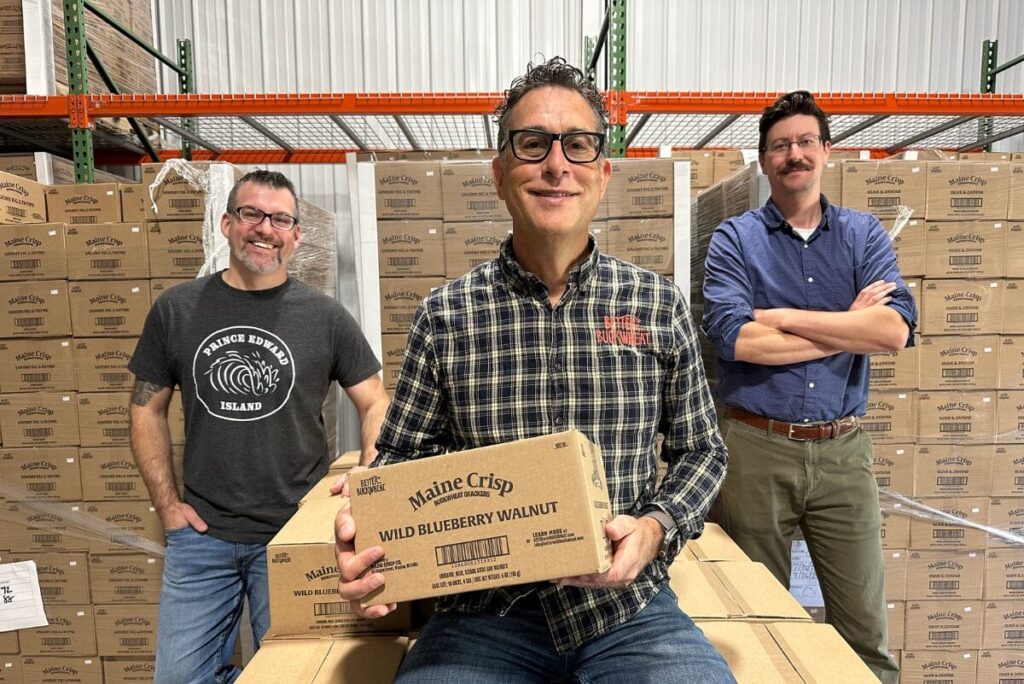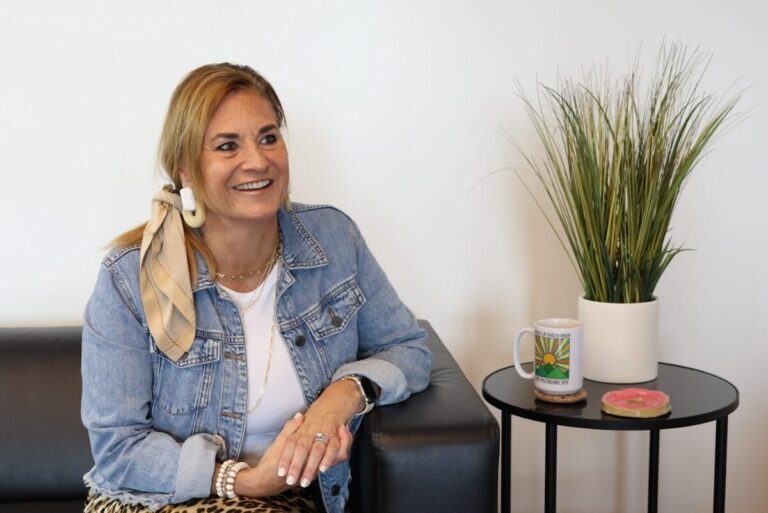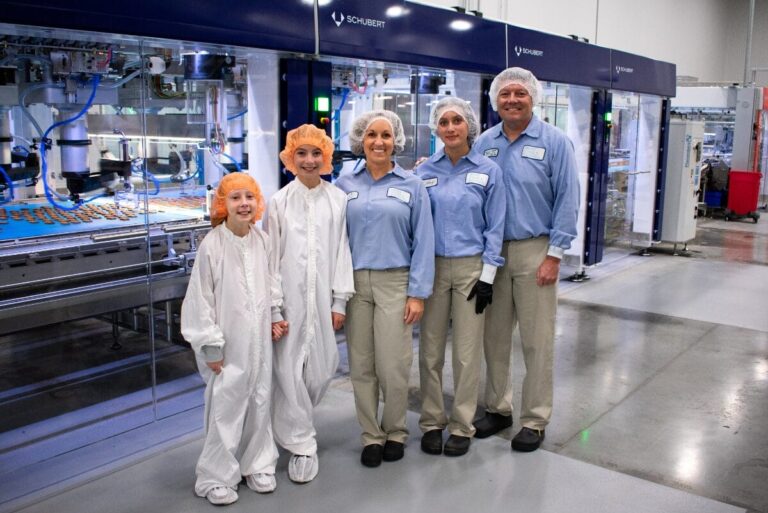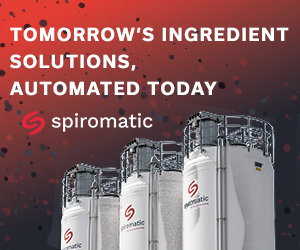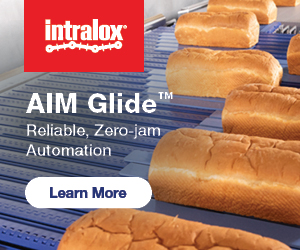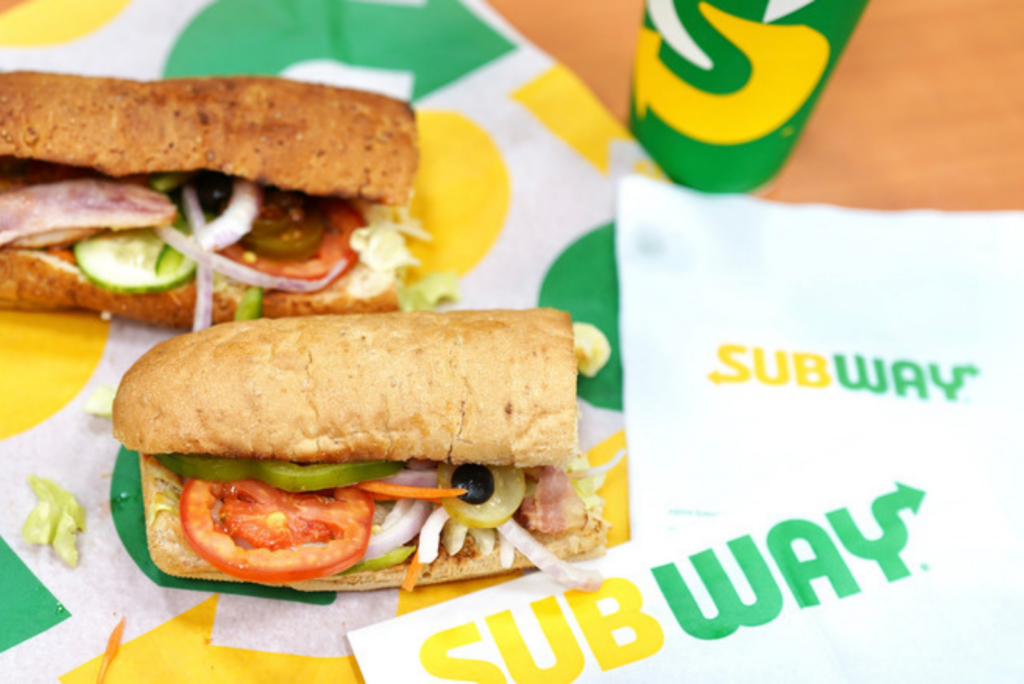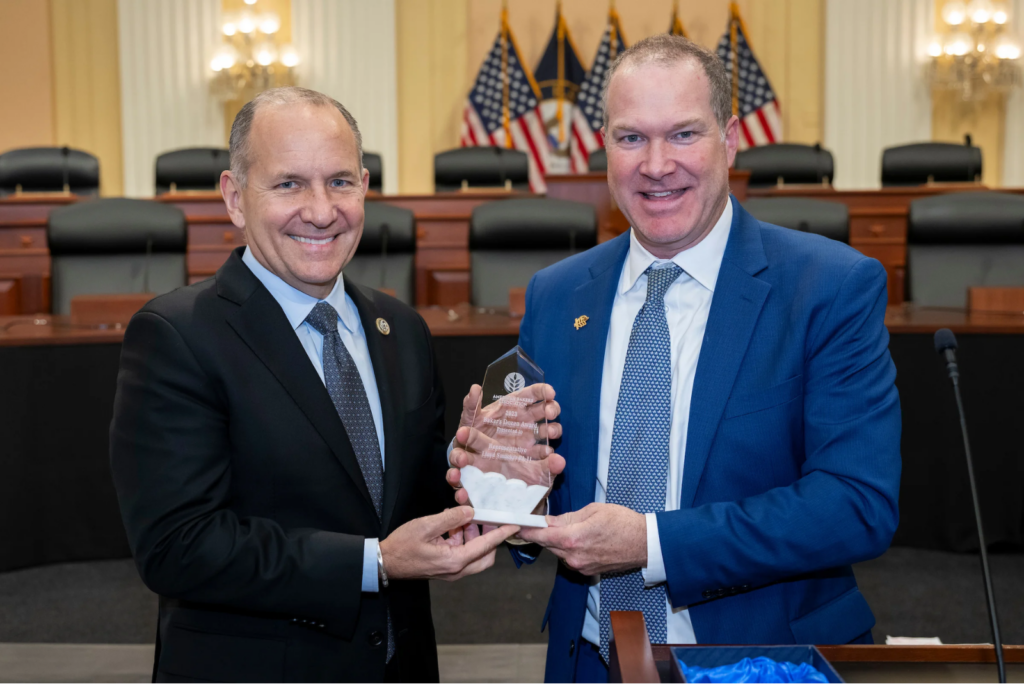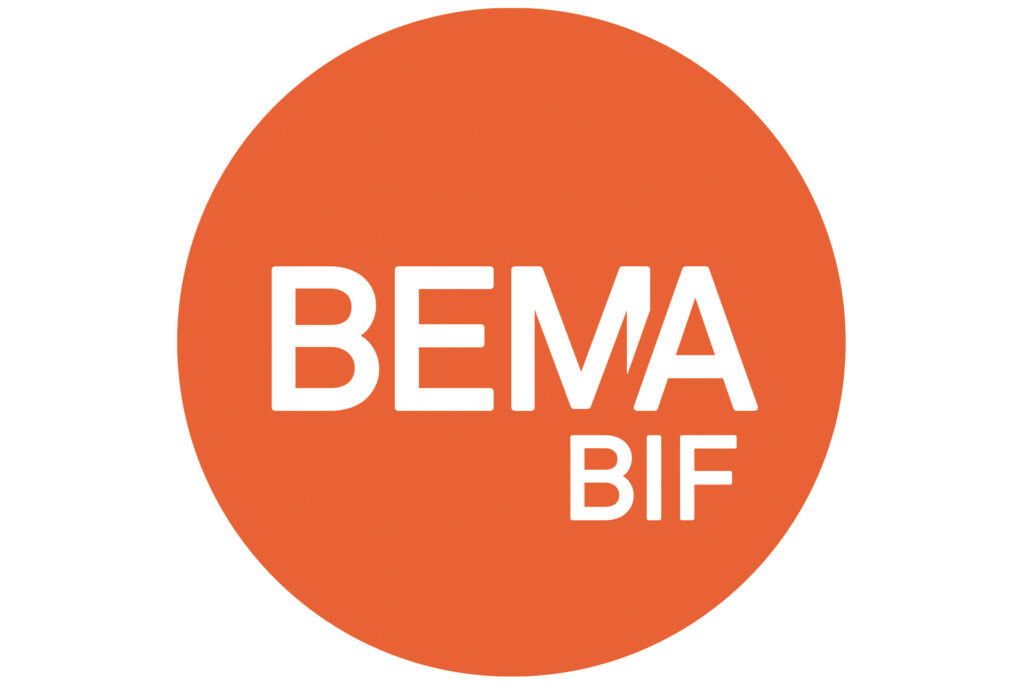The company, which originally launched in 2014 under the name Maine Crisp, was started by Karen Getz who was seeking a great-tasting, gluten-free cracker but wasn’t having much luck finding one. With a few successful entrepreneurial endeavors already under her belt, Getz was curious as to whether she could make the cracker she envisioned. Her product development research led her to the buckwheat fields of Aroostook County, ME.
Buckwheat checked all the boxes: naturally gluten-free, nutrient-dense and regenerative. From there, a partnership with buckwheat grower Bouchard Family Farm was formed, and the farm remains the company’s primary supplier today.
In the early days, Maine Crisp sold one product: Cranberry Almond Crisps.
Fast forward to 2022 when Maine Crisp moved production to an 18,000-square-foot, 100% gluten-free facility that was formerly a warehouse. One year later, as part of a strategic move that would allow expansion into additional snacking categories, it rebranded as Better With Buckwheat.
Today, the company produces five varieties of crisps and three flavors of snack crackers.
“Our goal is to become a buckwheat-based snacking company,” said Lewis Goldstein, who joined the company as CEO in 2022 after serving 18 months on its board of directors. “The snack crackers expand our portfolio beyond the crisps, which are marketed toward adult consumers. The crackers are more family-friendly; they appeal to both kids and adults.”
As a product line, the crisps carry their original name — Maine Crisp — but fall under the Better With Buckwheat brand. They’re made from 100% Tartary buckwheat supplied exclusively by Bouchard. Better With Buckwheat snack crackers are made with a proprietary blend of Tartary and common buckwheat, which imparts a unique flavor to the finished product. In keeping with its commitment to support Maine’s economy, the company sources locally as much as possible, including everything from ingredients to packaging materials.

